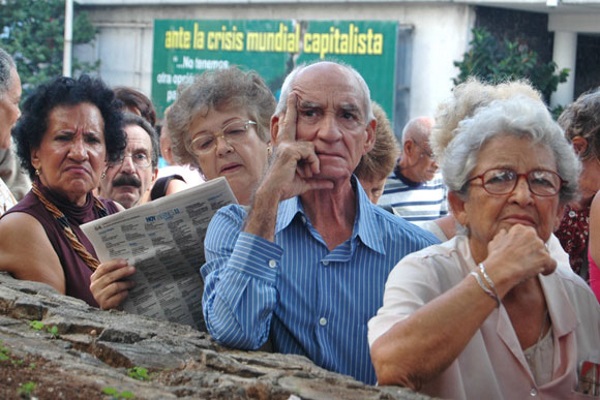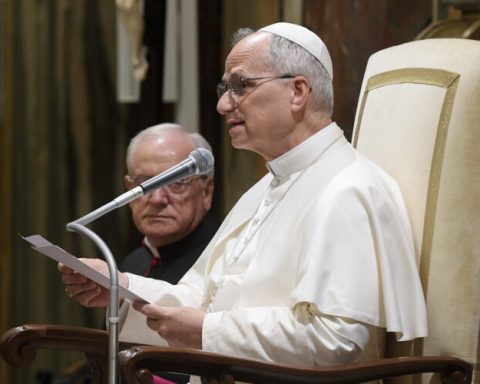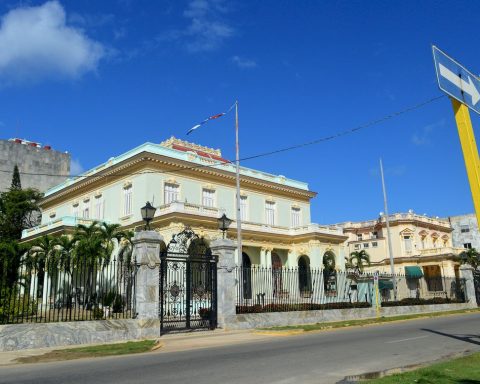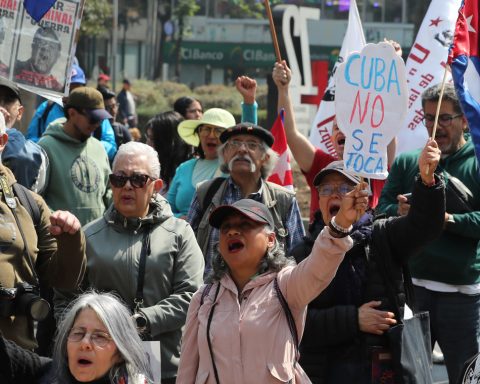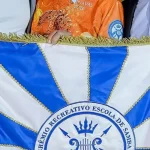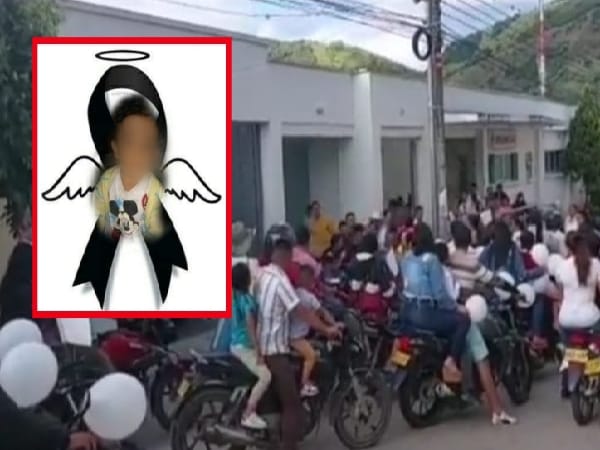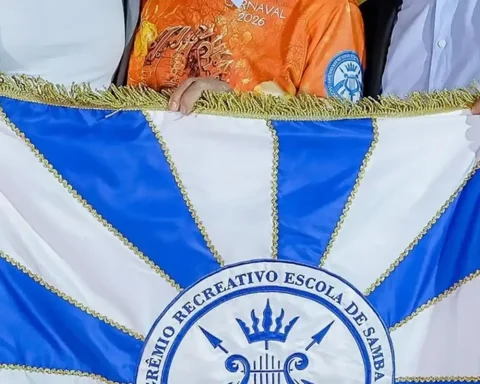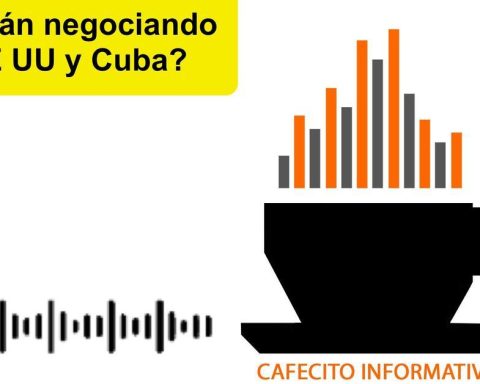Havana Cuba. – In The initials of the earththe first of the six novels by the writer and filmmaker Jesús Díaz (1941-2002), tells the story of Carlos Pérez Cifredo, who evokes his life before the tell-me-everything form to be prosecuted to join the Communist Party.
The protagonist, who went from being a petty bourgeois kid who was transformed into a furious Castroist, recounts his experiences in the militias, the military school, Playa Girón and the 1970 harvest. As the story unfolds, his experiences are reflected. many unresolved doubts and contradictions, and it is seen how an idealist becomes a dogmatist by letting his dreams and illusions dominate and lead in other directions.
The book had to wait fifteen years for its publication to be approved in 1988, by the publishing house Letras Cubanas, a year after it was published in Spain.
In 1973, with the title Political biography and the narrative structure dictated by the order of the questions on the partisan listJesús Díaz sent the novel to the contest House of the Americaswhich he had won in 1966 with the storybook the hard years. But the leadership of the Communist Party forced him to withdraw the novel from the contest, considering that it was “the most convenient for the Revolution.”
In October 1982, during the II Meeting of Cuban Narrative, in Santiago de Cuba, Jesús Díaz read in the presence of the then Minister of Culture, Armando Hart Dávalos, a fragment of the book, to which he had changed the name and the chronological order to the narration. After the reading, Hart spoke with Jesús Díaz and after making some scolding remarks, he promised to “work” for the novel to be published, which happened five years later.
Some consider that The initials of the earth It is the novel of the Cuban Revolution. But its author did not agree with that assessment. In an interview conducted in 1988 by the writer José Fernández Pequeno —and which remained unpublished until 2013, when it was published in La Gaceta de Cuba—, Jesús Díaz explained: “It is naive to think that one has written that novel of the revolution. I only wanted to save certain memories, anxieties and tensions. After writing the novel, I have realized that it is a reflection on intolerance, on that permanent habit of judging others that has rubbed off on us… We developed an enormous capacity to classify the world and to make judgments about the people around us, until one day the court was oneself, judged without possible appeal…”.
Jesús Díaz would also be a victim of official intolerance and it would be his turn to be “tried without possible appeal” when he became uncomfortable for the regime. Disenchanted, he definitively broke with Castroism and went into exile in 1992.
The story of the protagonist The initials of the earth it is similar to that of many thousands of Cubans who were young in 1959 and, seduced by Fidel Castro, dedicated themselves to building the paradise promised by the Leader whom they considered infallible. To do this, they gave up their individual dreams and plans to become part of a mass that blindly obeyed orders and “directions from above” and repeated slogans.
When demanded, these young people abandoned or hid their religious beliefs, stopped dealing with their relatives and friends who were disaffected by the regime and considered dead and forgotten, stateless and traitors, their relatives who left the country.
Willing to make all the sacrifices that were required of them, they underwent tremendous tests, sometimes unnecessarily, just to prove “their condition as revolutionaries,” as in the 62-kilometer marches. They were required to be able to overcome sentimentality and everything that was not serving Fidel and the Revolution. His models had to be Chapaev and other heroes of Soviet books, Che Guevara, with his superhuman discipline in the face of asthma, or Juan Marinello, capable of leaving his wife’s wake to attend a session of the National Assembly of Power Popular.
Masochistically joyful, in search of the red card, an entire generation put their lives on the rack of revolutionary martyrdom, bragging about it and repeating: “Fidel, tell us what else we have to do.”
In carrying out tasks and missions, these people neglected to care for their children when they most needed their mothers and fathers, but they were not worried, because they left them, trusting, in the hands of the State to be educated and trained as the new men of communism.
Today, after six decades of sacrifices, many of those men and women who thought they were living a glorious epic are those hungry and ragged old men who are still Fidelistas; they do not believe in what they suffer daily and in what their eyes see, but in what the newspaper says Granma and the NTV.
In the queues at the pharmacy or to buy food, they are frowned upon when they justify the hardships with “the blockade” and ask us to trust the leaders and the Party. Their neighbors shun them and warn that you have to be careful of their tips. Their children and grandchildren reproach and blame them for having contributed to “this shit”.
Pathetic, they put our humanity to the test: one doesn’t know whether to feel sorry for them or wish them that, if they can’t shut up and stop bothering with their nonsense, they’ll burst the hell out of it and go meet their beloved Maximum Leader in the other world. .
OPINION ARTICLE
The opinions expressed in this article are the sole responsibility of the issuer and do not necessarily represent the opinion of CubaNet.
Receive information from CubaNet on your cell phone through WhatsApp. Send us a message with the word “CUBA” on the phone +1 (786) 316-2072, You can also subscribe to our electronic newsletter by giving click here.
